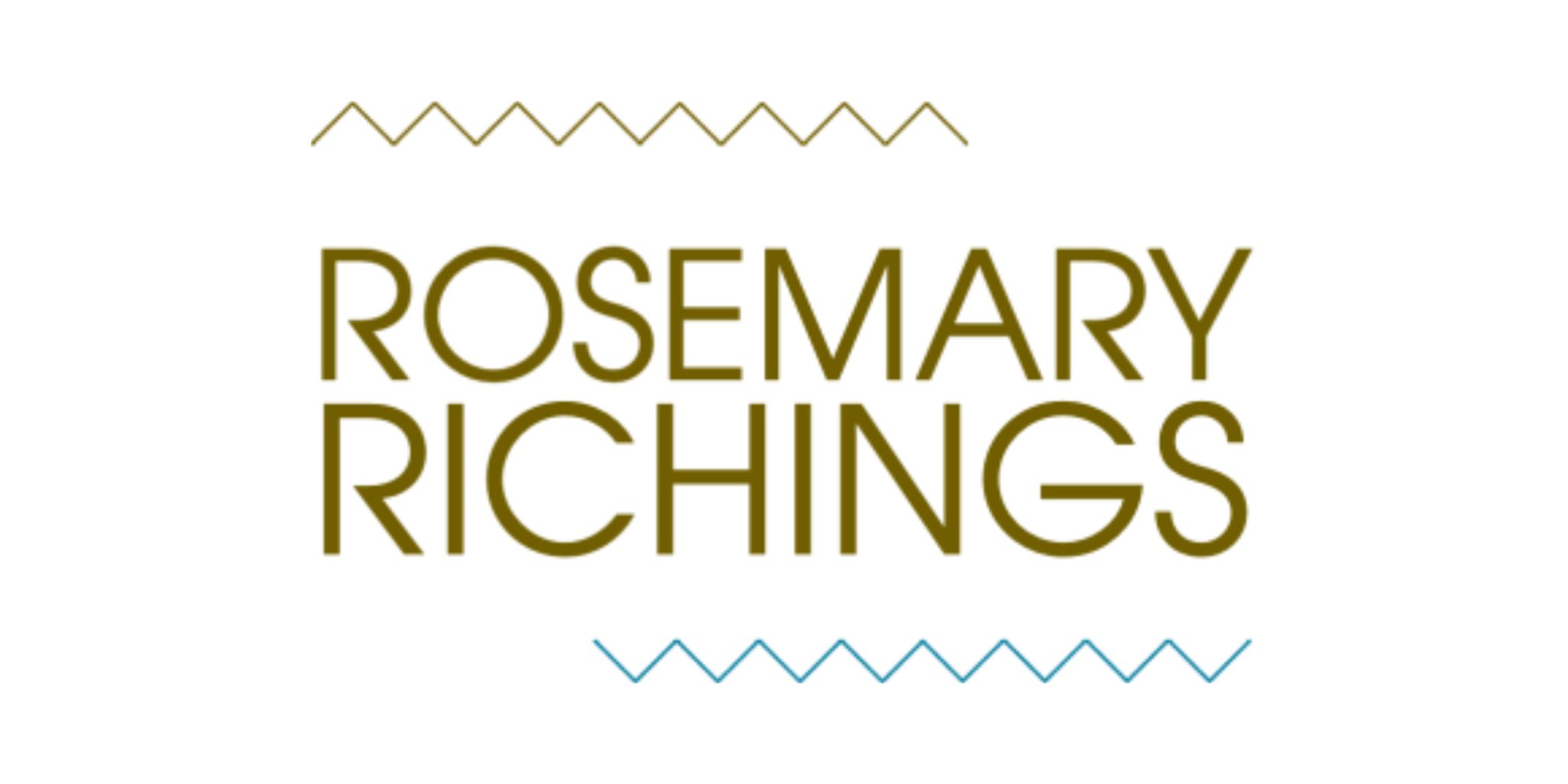Pitching without fear is tough for new freelancers especially.
Because it’s too damn easy to get caught up in how much more experience everyone else has.
But it’s important to remember that the intimidation aspect of pitching is also about the system that’s in place for editors.
And that makes sense because actually getting a reply requires a lot of back and forth.
But why is that a problem?
Because this leads to a game of what-ifs for the person that came up with that idea.
- What if they’re all sitting in a room laughing at how silly my idea is?
- Maybe this is a sign I’ll never write anything for anyone again?
- What if they don’t like it?
Well…you get the idea!
And actually writing those responses is time-consuming.
Not to mention, it’s totally frustrating because it’s hard to really know if you’re wasting your time.
Not getting the response and results that you hoped for?
Is all you’re really getting a series of “no”s, uncomfortable silences, and work for exposure requests?
Chances are it might be your lack of confidence that might be stopping you from pitching without fear.
So how does pitching without fear work?
Really it’s all about putting your anxieties aside, biting the bullet, and thinking of that business owner or editor as an equal and not someone who’s somehow better than you.
However, I totally get it.
It can be a little scary trying to prove to a CEO, or editor in chief, or business owner that you should be taken seriously.
In fact, I still get the jitters.
I’m just really good at not letting those jitters stop me from getting stuff done!
Today I’m going to show you how I fight against my jitters while pitching without fear.

1) Focus on helping and not selling
I get pushy emails in my inbox all the time about how I should buy some stranger’s product or service right now, pretty much…every week.
And you know what I do when I get those emails?
90% of the time I hit “delete”. Because they don’t really tell me why I should buy now, they just express urgency.
Besides…can you blame me really? Would you buy something from a stranger in another country if they refused to give you a compelling reason that’s important?
Probably not!
The problem is, I’m not the only one who gets these emails.
So don’t be just another pushy sales email.
Instead, focus on how you can help.
For example, here’s how I pulled that off in a recent email to a large corporation:

Notice how I didn’t pressure them to buy instantly?
Did you also notice that I framed this email as I’m a fan that’s there to help when they need me, rather than someone that just wants their money?
At the end of the day, your job as a freelancer is to help and serve your clientele.
So focusing exclusively on that opens doors to a potential business partnership.
Sure, your chance is about 50/50 but if they say “no” but also like you, they’ll pass on your info to someone else that’s interested.
Why is this important?
Pitching with confidence is really about making it clear, within seconds what you have to offer other people.
Overall, that’s also the most effective approach because otherwise you’re just crossing your fingers and hoping for the best.
In fact, your campaign is pointless unless people feel like this is something they can benefit from.
2) Always customize
If you want to produce pitches that actually get read, you need to tie in your reason for pitching them into something that’s well…uniquely them.
Because not only will this strength how effectively you convey the value of your work, but it also shows that there’s a reason why you’re reaching out to them, and not their competitor.
Here are a few ways you can do that:
- Go to the company’s about page and/or LinkedIn page. Then actually take the time to pay attention to how they describe their company. Use one of the things that you learned as an example of what you like about this person’s company.
- Offer a solution to an existing problem within this person’s company, provide specific examples, and tie in the solutions to the results of your products and services.
- Comment on one of their products or services, tell them what you like about it, and then use the “I’m a fan and that’s why I’d love to help” intro that I shared with you.
- Mention something you have in common. I.E: a university you attended, a hometown, a mutual friend, etc.
And don’t forget to refer to them by name! People like to feel like this is an inquiry that’s just directed at them, so make sure you do that because it has a lot of power.
For example…
My most forwarded pitches are the ones where I remembered to include the correctly spelt name of someone in charge & treated my pitch like a conversation.
I.E: a convo that essentially said, “you need help with this, I can help you with this, this is what I like about you, and here’s the impact”.
3) Don’t forget about social media
Adding the person you’re sending a pitch to on social media is a really great idea.
Because no matter how they respond, you’ll always be on their radar.
To give you an example of what I mean by that here’s something a client once said to me about why they hired me:

Although she didn’t end up hiring me for the task that I originally pitched her about, I was still on her list of writers to contact in the future.
So when they needed my help, I picked up the phone within a few hours of them asking if I was available.
And, by the end of the day, they were my new client!
In fact, pitching without fear isn’t too much to ask when this person is already one of your social media followers.
Because…um…they’re your followers of course!
4) Avoid unconfident words & phrases
If you want to be treated with respect, make sure you’re avoiding any language that makes you sound:
- Desperate
- Or like you don’t know what you’re doing
Examples of this include:
- Words that express uncertainty like “maybe this might happen”, “I think that this specific fact is true, instead of this is true”, and “perhaps”
- Phrases like: “please hire me”, ” you have to buy this now”, “I really need the money”, etc. Even if these statements are true, it’s best that people think of you as the business partner, rather than the broke artist or desperate salesperson.
- Labels that imply lack of experience like: “emerging artist” or “first time professional”
The reason why I mention this example is that I’ve totally been there.
I’ve been that scared shitless freelancer that will take any opportunity that lands in my inbox.
But as soon as I changed my mindset, didn’t underestimate the value of my accomplishments, and treated my freelance venture like a business the way people treated me improved.
So… even if pitching without fear doesn’t seem realistic…
Get someone to edit your pitches.
And then tell them to get rid of the words or phrases I mentioned. Because you’ll at least seem confident, and get better results!
As you can see, pitching without fear is really both the person you’re emailing’s mindset and your mindset.
You could just copy and paste the same “this is my website, please hire me template”.
But that’s how you get your message deleted.
Instead, focus on getting to know the person you’re reaching out to, and engaging them in a meaningful conversation.
And end your email with a link to something they can visit with no obligation such as:
- A blog
- A website
- A Twitter account
- Etc…
Because, even if the answer is “no”, all they have to do is understand what you do and actually like you to tell someone else what you offer.
So how have your pitching experiences been? Is there any aspect of it you want to improve? Feel free to share in the comments section below.


